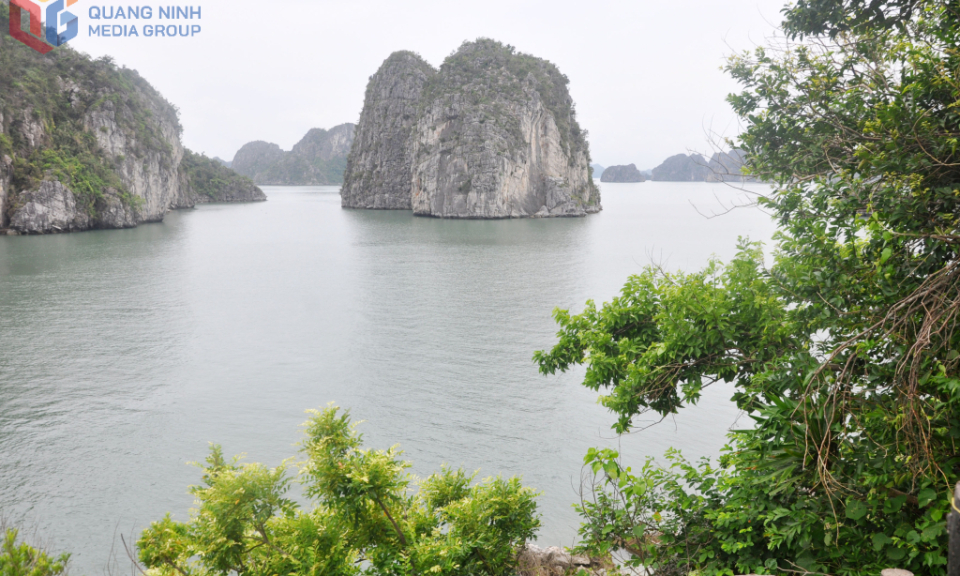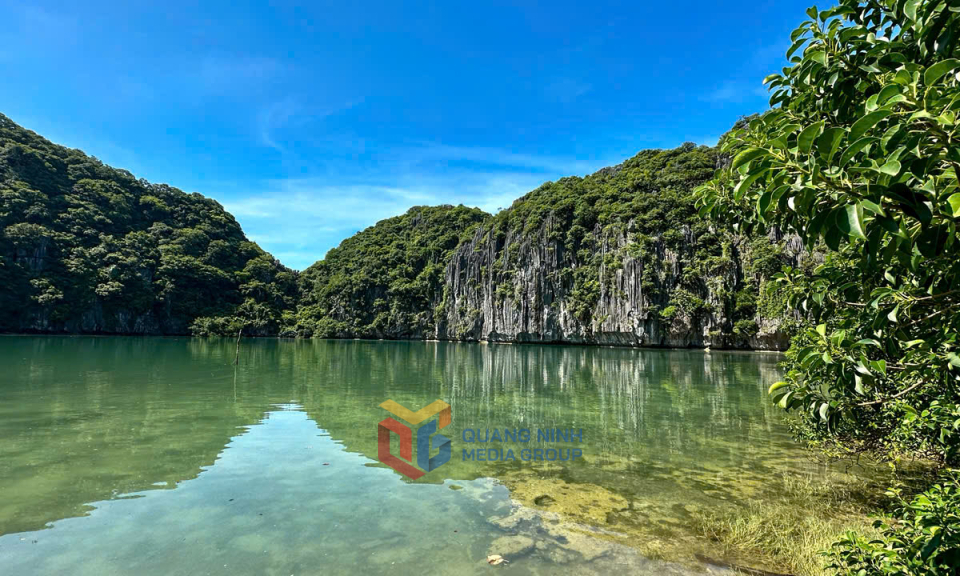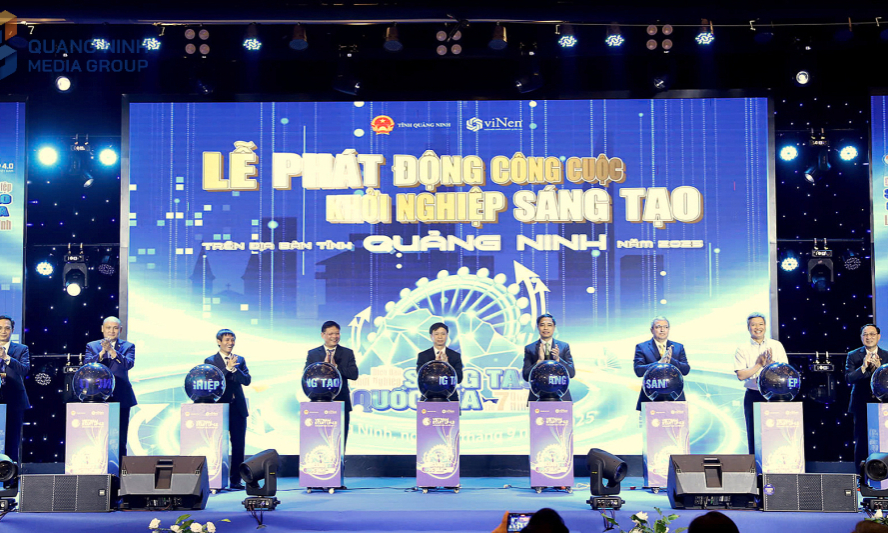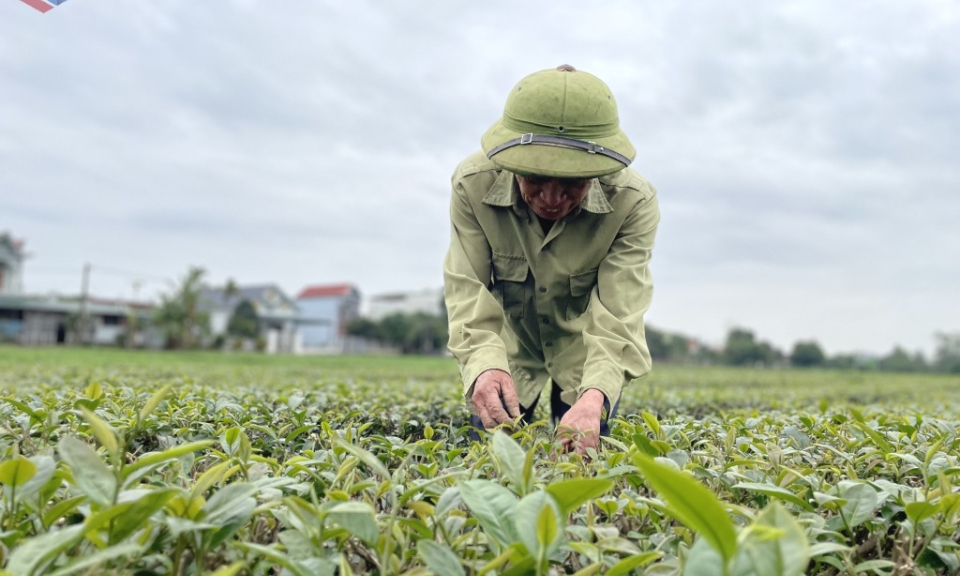Fully tourism reopening should be safe and effective
Since March 15, Vietnam has officially reopened full tourism activities following nearly two years of paralysis due to the heavy impact of the COVID-19 pandemic, bringing about great expectations for the recovery and strong development of the country’s tourism sector.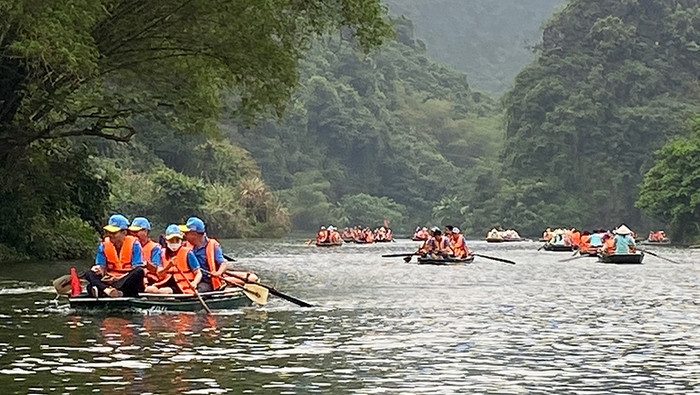
In the context of dozens of nations around the world, including many Southeast Asian countries such as Thailand, Indonesia, Malaysia and Singapore, having carried out opening measures and easing entry regulations to promote tourism, the reopening of Vietnam’s tourism activities was assessed to be at the right time, taking advantage of favourable objective conditions to anticipate tourism growth in the region and the world. The peak season for international tourism in Vietnam is determined to be from about September to April every year. Therefore, full tourism reopening at this time is appropriate for businesses and localities in order to connect key markets and attract tourists for the peak season.
On March 15, the Government Office issued a document conveying the opinion of Standing Deputy Prime Minister Pham Binh Minh on the restoration of immigration measures and procedures for foreigners and Vietnamese people settled abroad as before the pandemic. The relevant ministries and agencies were requested to urgently implement the Government’s Resolution No.32/NQ-CP dated March 15, 2022 on visa exemptions for citizens from 13 countries. In addition, the Ministry of Foreign Affairs must continue negotiating with other countries on the recognition of each other's vaccine passports in order to facilitate Vietnamese citizens going abroad, and the issuance of guidelines on vaccine passports of foreigners in Vietnam.
On the same day, the Ministry of Health issued guidance on the implementation of measures to prevent and control the COVID-19 epidemic for people entering the country, towards removing regulations on quarantine, only requiring regulations on testing, medical declaration and compliance with epidemic prevention measures to be observed. The above decisions, issued timely, have contributed to removing barriers and creating favourable momentum for the roadmap to reopening international tourism while showing the high determination and great expectations of agencies at all levels for the reopening of tourism and economic recovery on the basis of safe, flexible adaptation and effective pandemic control.
What businesses and tourists are most concerned about is that the specific instructions on welcoming guests need to be issued and thoroughly grasped by all domestic and international tourist markets and carried out consistently and synchronously, avoiding inconvenience for tourists and difficulties for businesses. In addition to the requirement to ensure safety while welcoming visitors, localities and enterprises should grasp the psychology and travel trends of tourists in each market as the pandemic is still complicated, in order to build attractive and suitable tourism products.
Following a long time of difficulty due to COVID-19, the tourism workforce has largely been dispersed. However, according to experts, after tourism is fully reopened, tourists will not come in large numbers right away, but the recovery process will take place gradually. Therefore, it is necessary to take advantage of this period in order to make policies to re-engage the workforce while retraining and improving vocational skills for workers. This is a time when the whole tourism sector must accelerate digital transformation with smart technology applications to establish contactless travel itineraries and support safe travel control and digital promotion.
To reopen tourism activities safely, scientifically and effectively, in addition to the participation and creation of people working in tourism industry, many relevant ministries and agencies such as in transportation, health, defence, public security and industry and trade, should enhance their coordination, towards improving the competitiveness of Vietnamese tourism industry. In particular, the most important is State management agencies mobilising and coordinating resources, especially for orienting and supporting enterprises to restart business activities, connecting with more partners, selecting customer market and developing their products. Moreover, it is crucial to strengthen linkages and cooperation between sectors, regions and localities as well as enhance the coordination between the localities and enterprises to carry out tourism promotion activities to key markets and others with growth potential.


